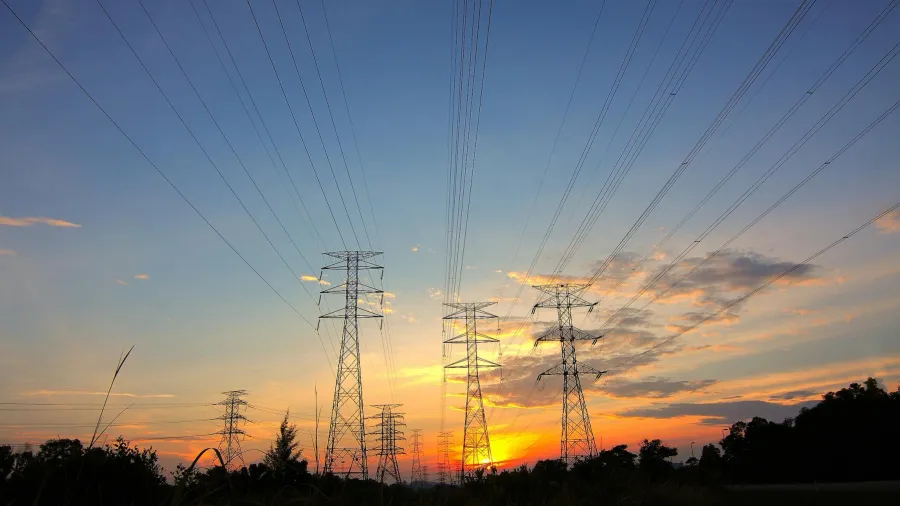
‘Hybrid approach’ essential for energy security amidst geopolitical instability
Conventional energy remains a part of the solution for energy security.
A “hybrid approach” will be needed in the pursuit of energy security as markets move to transition to clean energy amidst threats of geopolitical instability to the energy supply.
Mark Lacey, head of Thematic Equities at Schroders, said that the conflicts in Europe and the Middle East and the pandemic continue to affect the consistent delivery of oil and gas, pushing markets to prioritise diversification and energy security, including energy transition.
However, markets are implementing structural measures to boost their energy transition but this could not done overnight.
“But again, the decision of how to pursue energy security isn’t a binary one. It’s not a question of conventional or renewable. Instead, a hybrid approach will be required,” Lacey said.
ALSO READ: High interest rates pose a threat to the energy transition
“From our point of view, leading conventional energy companies are an important part of the solution, rather than part of the problem, and with the momentum of the decarbonisation trend, these businesses are going to have to display their ability to adapt accordingly to fast-growing, sustainable areas,” he added.
Lacey noted that decarbonisation is also contributing to the rush for energy security but this will take a longer timeframe.
The grid infrastructure would have to be upgraded to accommodate the increased intermittent electricity load from renewables.
“The way forward will likely require both tactical and strategic steps - ones to address immediate needs while factoring in long-term trends, like decarbonisation and deglobalisation,” he said.
“To overcome the shortfall in current energy markets, achieving greater energy security will take significant investment across a wide range of fields and years,” Lacey added.








![Cross Domain [Manu + SBR + ABF + ABR + FMCG + HBR + ]](https://cmg-qa.s3.ap-southeast-1.amazonaws.com/s3fs-public/styles/exclusive_featured_article/public/2025-01/earth-3537401_1920_4.jpg.webp?itok=WaRpTJwE)
![Cross Domain [SBR + ABR]](https://cmg-qa.s3.ap-southeast-1.amazonaws.com/s3fs-public/styles/exclusive_featured_article/public/2025-01/pexels-jahoo-867092-2_1.jpg.webp?itok=o7MUL1oO)









 Advertise
Advertise


